Gunnar Groebler, President of Wirtschaftsvereinigung Stahl (WV Stahl), thanked Chancellor Olaf Scholz and regional representatives for their participation, stating: “Today’s strong attendance shows that the future of the steel industry is a national responsibility. This is not just a sectoral issue, it’s about safeguarding all industrial value chains in Germany.”
According to WV Stahl, industrial production in Germany is under significant pressure. Data from the EY Industrial Barometer indicates that the country is losing an average of 10,000 industrial jobs per month. Groebler warned: “Once production is lost, it cannot be recovered. If the industrial base weakens, social stability will also be at risk.”
WV Stahl Managing Director Kerstin Maria Rippel emphasized that “Steel is the backbone of industry.” With 37.2 million tons of annual production, Germany remains Europe’s largest steel producer, and roughly 5.5 million jobs depend directly or indirectly on the steel supply chain. “Steel is not just a material, it is a strategic resource. Without steel, there is no industry; without industry, no prosperity; and without prosperity, no social stability,” Rippel stated.
German steel companies are already investing heavily in the green transition, including direct reduction (DRI) plants, green hydrogen infrastructure, electric arc furnaces, and the Low Emission Steel Standard (LESS) certification system. Groebler stressed: “The industry is taking responsibility, but now it’s time for politics to respond.”
WV Stahl outlined four key priorities for the German government as follows:
1. Fair competition
-
Stronger trade defense measures against dumping and global overcapacity.
-
CBAM (Carbon Border Adjustment Mechanism) deficiencies must be resolved by January 1, 2026; otherwise, free allocation of carbon allowances should remain in place.
2. Competitive energy prices
-
Permanently reduced grid fees.
-
Expansion of the electricity price compensation mechanism.
-
Development of a reliable, industry-specific electricity pricing model in the medium term.
3. Acceleration of the hydrogen economy
-
Rapid expansion of hydrogen infrastructure across Europe.
-
Risk guarantees for initial and long-term contracts.
-
Support for competitively priced hydrogen production.
4. Stimulating demand for low-emission steel
-
Prioritizing “Made in Germany & EU” products in public procurement.
-
Incentives such as integrating low-emission steel into fleet emission targets.
WV Stahl concluded by stressing that industrial policy is also sovereignty policy. Groebler warned: “If we lose industrial production, we lose our economic and technological strength — and with it, our political leverage.” Rippel added: “We are ready to manage the transformation. Now it’s time for the German government to act decisively.”


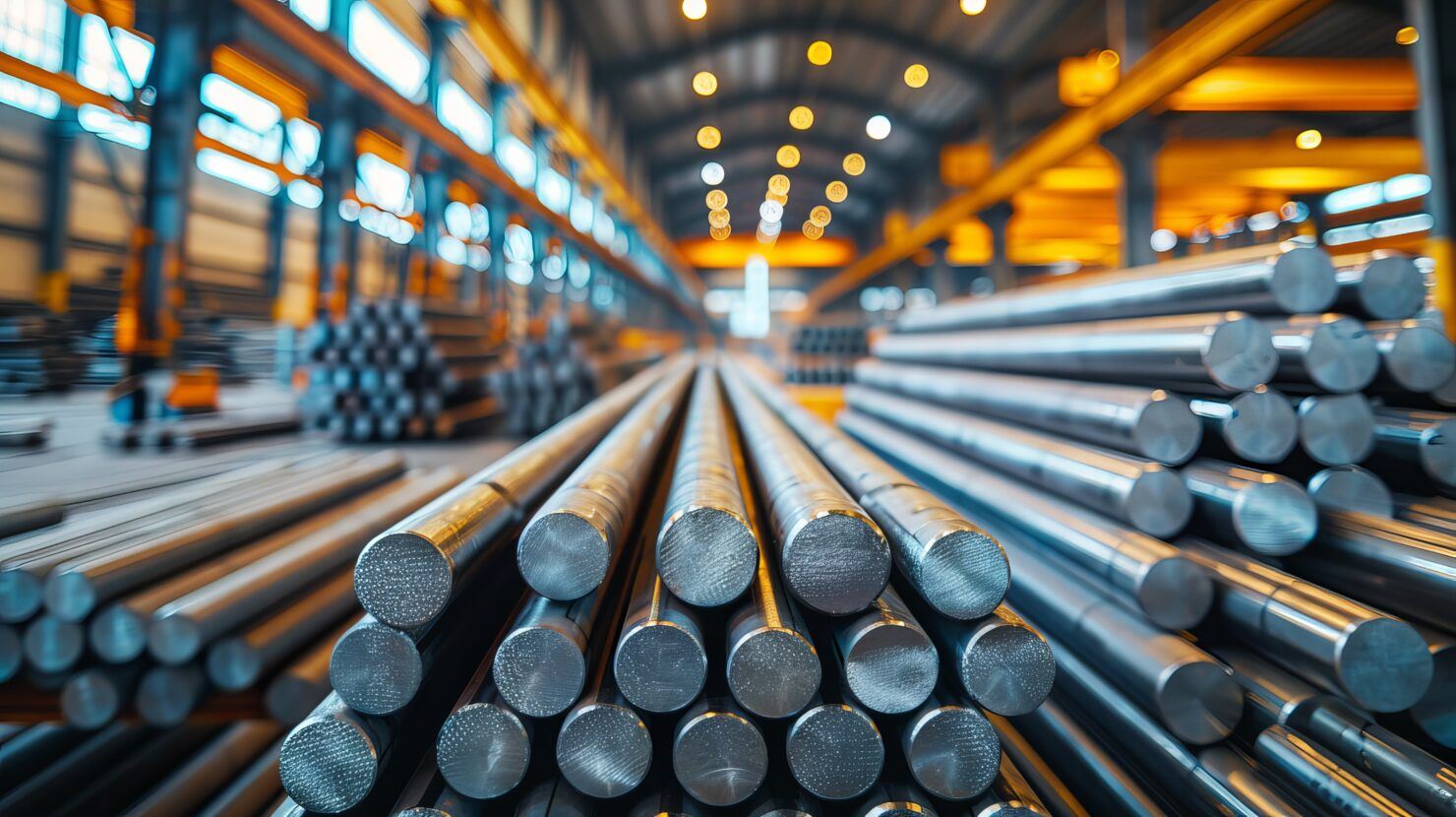
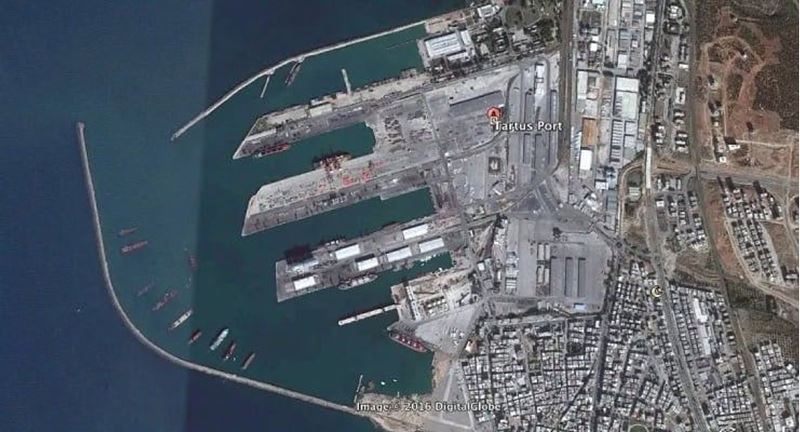
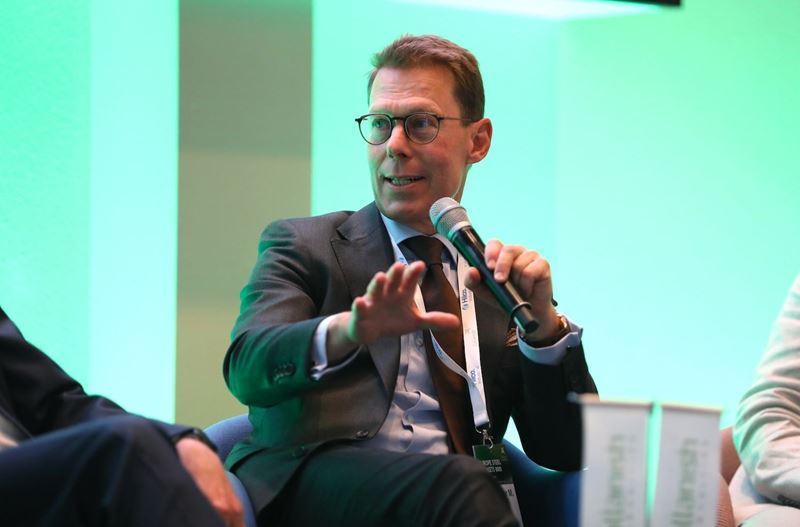
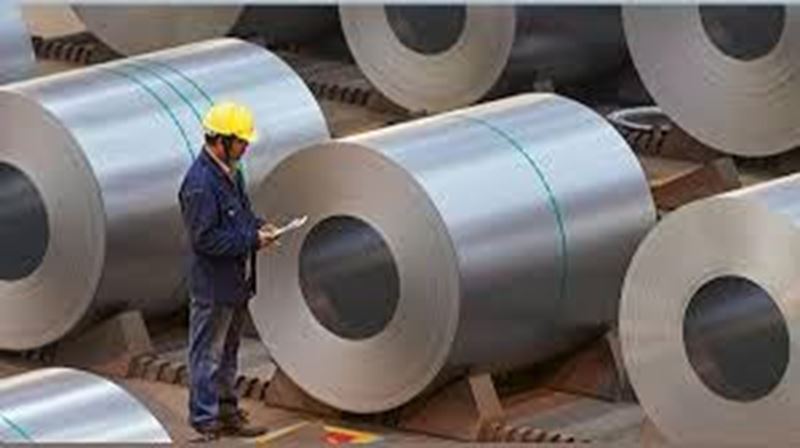
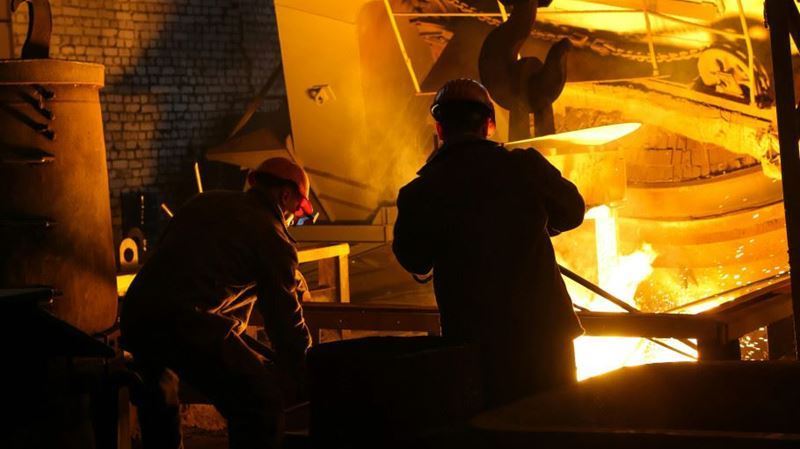



Comments
No comment yet.